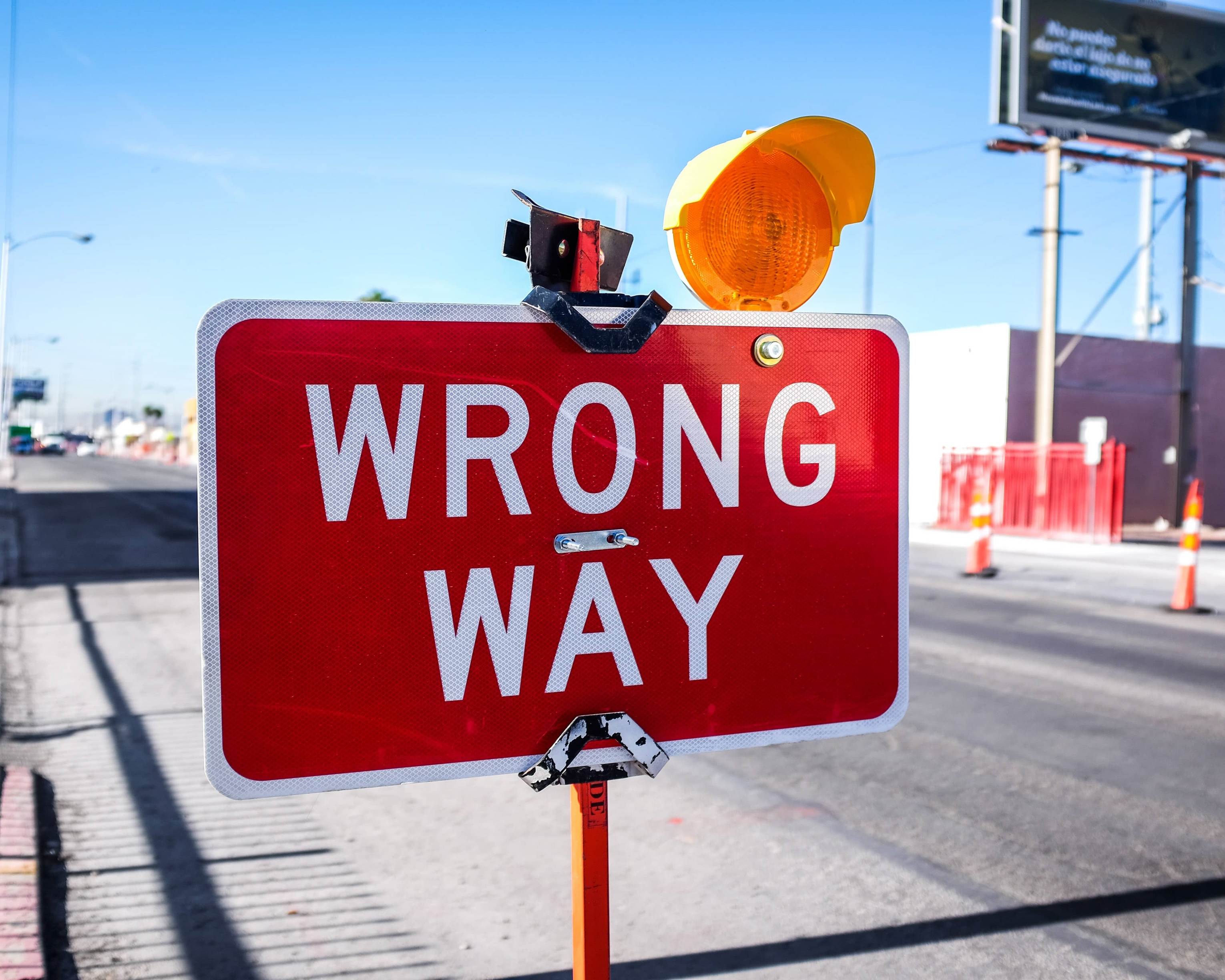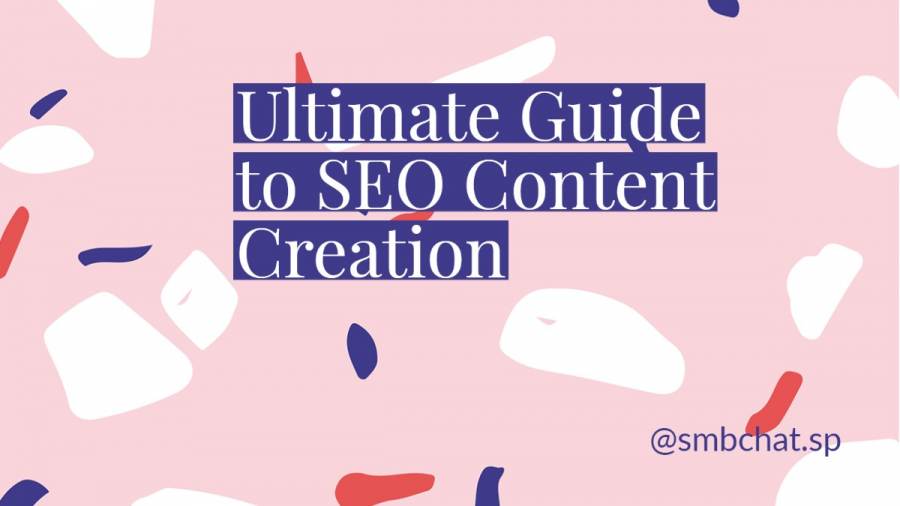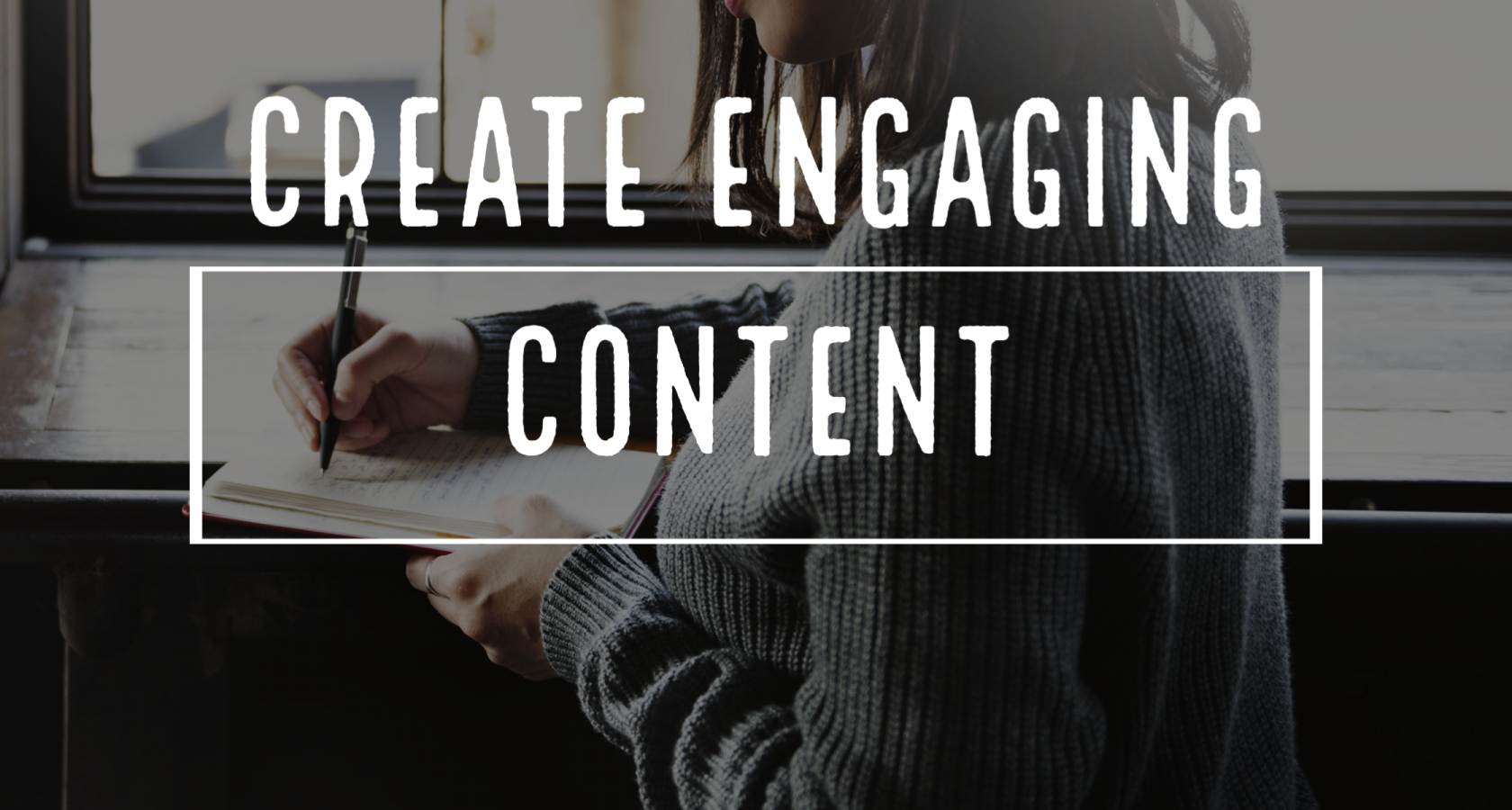Top 10 Grant Writing Mistakes To Avoid Like a Plague
A funding opportunity has just popped up. You can't wait to grab it and advance your worthy causes.
But grant writing mistakes haunt even seasoned writers. And even a seemingly minor error can throw your entire dream off-track and affect your future relationship with the funder.
The good news? You can eliminate these mistakes and scoop the funds. Here are the common irregularities to avoid like a plague.
1. Skipping Instructions
It's common for amateurs to get lost in creativity and fail to follow the rules. But you'll shoot yourself in the foot if you bend, modify, or skip instructions.
Failure to read and digest guidelines is a recipe for breaking the rules and committing a multitude of mistakes, such as:
- Failure to obtain appropriate signatures
- Erroneous or inappropriate budget
- Failure to attach requested documents
- Letters aren't on letterhead or missing signatures
- Grammatical and spelling errors
- Unclear or conflicting roles for core personnel
Remember, reviewers have limited time to sieve through the mountains of proposals on their plates. That means any glaring mistake gives them an easy time to disqualify your grant.
2. Poor Writing
Put yourself in the reviewer's shoes and imagine 1000+ proposals waiting for you to review. You'll probably won't give errors-laden proposals more than 30 seconds.
You might assume reviewers can grasp your heavy jargon, follow the enticing rationale, or connect the dots in your logic. But all these demand an Oxford dictionary, extra time, and jogging of minds.
So your grant should have a natural and logical conclusion. Remember to go slow on jargon, acronyms, and abbreviations. If you must use these elements, briefly explain them to your readers.
Edit your grant proposal ruthlessly. Some of the things to avoid at all costs include:
- Heavy industry jargons
- Laudatory phrases such as "best-in-class program"- let solid evidence speak for themselves (awards, expert quotes, certifications, and data)
- Vague claims and trendy phrases such as "hopefully," "boost the beneficiaries' self-esteem”
- Obscure and annoying terms
- Grammatical and spelling mistakes
While premium tools such as Grammarly can catch those sneaky spelling and grammatical errors, don't stop there-carefully edit the proposal manually to ensure you haven't slipped deeper into your field's jargon.
Then request another person to do so too. Ensure this second (or third) editor isn't as immersed in your field as you are.
3. Reusing a Proposal
It's recommendable to have ready-made proposal templates or standard sections such as the company's history and capacity statement. But pasting the boilerplate text word for word can backfire.
Repeating the same language can make your proposal outdated or irrelevant, especially if it will be read by the same reviewers who've handled your past proposals.
So review your boilerplate regularly and update where necessary. What are your company's recent or current activities? Has it made strides and achievements? Update such areas.
You might be tempted to retrieve a past proposal, make a few changes such as date, and resubmit it "as-is" to grab a new funding opportunity. But doing so won't cut since:
- You haven't tailored the grant proposal for the exact opportunity at hand
- The old proposal and boilerplate can give you a false sense of confidence
You might assume the proposal is error-free and ready to take on the funding opportunity. But two opportunities will rarely be equal, and the period between them is probably full of changes.
4. Plagiarism
Plagiarism is another error. It's easy to think that only Google and academic lecturers are the only professionals that hate plagiarism. But grant proposal reviewers loathe it too.
Plagiarism often happens when you lift text directly from another source or reuse your past proposals. It can also occur inadvertently.
So pass your proposal through plagiarism checker tools such as Copyscape and 1text to ensure it's original.
5. Excess Writing
You're excited about that fat grant opportunity. You can't wait to pen down every creative word to win the reviewer's heart.
But attention span is plummeting nowadays. And other proposals are screaming for the reviewers' attention.
Also, foundations and funders are increasingly migrating the grant application process online. The grant portals limit number of words, pages, and characters.
Even if there's no limit to the number of words, keep it short, sweet, and to the point. What the reviewers want to know is your existence and why they should fund your program.
So slash the fluff and inject value into your proposal.
6. Forgetting your Voice
It's good to stick with the proposal's requirements.
But fear of breaking the rules or making mistakes can suck our energy dry. And that's when procrastination often kicks in.
The result is a soulless shell of a story (forgive our dramatic take☺).
As much as staying concise is crucial, remember to spice up your proposal with a captivating story. For instance:
- Express your passion for your organization's activities and goals
- Highlight specific aspects of your program that ignite your passion
Being honest help express your unique voice and views. And that's how your narrative will have a soul that'll attract the reader, allowing them to view your program via your eyeballs. Demonstrate that you care, and they'll care too.
7. They Wanted Oranges, but You Delivered Apples
Let's face it- grant writing is often stressful. It's easy to get lost in trying to meet basic requirements and deadlines while ensuring you're reflecting your organization's needs.
But remember, it's not just about your organization- it's also about what your prospective donors care about.
Since they're real human beings with real aspirations, ensure your proposal resonates with their organization's pain points and passion.
Show how your services and mission fit their goals, and they'll cherry-pick your proposal from a heap of requests.
So long before penning down your proposal, research the prospective donor. Ensure your organization clicks with its foundation naturally.
If you do your homework like a pro, building a case for partnership will be a breeze from the first to the last word.
Do you feel like you're struggling to convince your potential funders? Then perhaps your best bet is to seek funding from a more suitable alternative.
8. Half-baked or slashed the budget
We saw it.
That shiver ran down your spine at the mention of the word budget☺.
But those figures can break or make your proposal.
So summon up enough courage to complete that worksheet labeled "budget."
Funders usually have a specific picture of how the best-in-class budget should look like. Unfortunately, they'll rarely reveal it to you. So, what's your best trick when a prospect doesn't provide a budget template?
First, take budgets as the centerpiece of your story and entire proposal. That way, you'll:
- Tailor-craft a budget that reflects your daily organization expenses and realities
- Include a water-tight plan of your anticipated revenue and other funding sources
- Demonstrate your anticipated expenditure of the donor's dollars
These golden tips can even bring repeat and referred funding!
9. Failure to Pinpoint Goals and Potential Changes
The traditional meaning of outcome was the “work volume achieved," such as the number of program beneficiaries and service hours. Organizations believed measuring a program's activities could show how it changed clients' lives.
But that's far from the truth.
Usher in today's view of outcome: The actual changes in clients. This approach promotes better accountability.
So when penning down those goals and objectives, you need to be SMART. In short, the answer to all the following questions should be a resounding YES.
- Specific: Have you specified the program's activities and target clients?
- Measurable: Can you measure the objectives?
- Attainable: Using available resources, can you achieve the goal within the proposed period?
- Relevant: Do the objectives have positive effects
- Time-bound: Have you specified a time frame and deadline for every goal?
Break your huge chunk of goals into smaller bitable ones.
Short-term outcomes highlight the expected acquisition of new attitudes, knowledge, and skills, while mid-term ones focus on behavioral change.
On the other hand, long-term objectives are the ultimate change in the client's condition.
10. Forgetting to Remove Track Changes and Comments
You're in a hurry to outpace others and beat the deadline. But have you checked for track changes in the final draft?
It's easy to forget markups since they often stay hidden until the next person opens the file. If the person happen to be your prospective funder, your score might plummet.
So, how can you keep this issue at bay?
Go to track changes and check "show all" to confirm that you've accepted and deleted all markups and comments.
Hard copy submission minimizes markup issues. But still, it's important to deal with them as they can still crop up.
Zoey Writers, Your Error-free Grant Writers
You're now aware of the top 10 mistakes to avoid. Careful planning and reviewing your grant proposal can put those nail-biting moments far behind.
But errors can easily sneak into your proposal if you're juggling between other equally crucial tasks. Why not leave the legwork to competent grant writers?
At Zoey Writers, we help organizations grab those juicy opportunities to finance their worthy causes. Contact us today to experience error-free grant writing.
Photo by Kenny Eliason on Unsplash. Thank you Kenny!

















